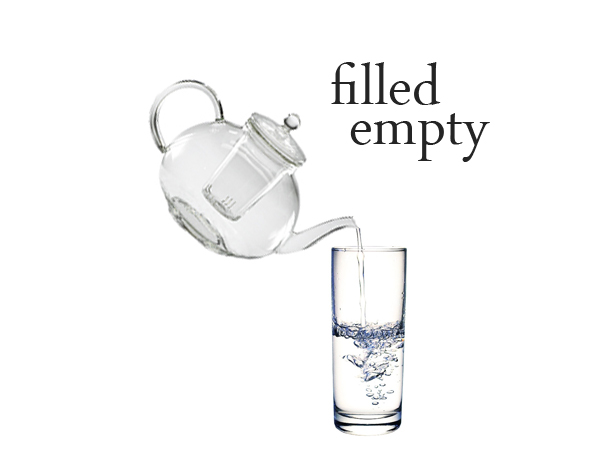
The effects are subtle; you have your typical impaired judgment accompanied by incoherent speech (that comes with any other fifth of Southern Comfort); however, added with two lines of Columbia’s finest, the buzz transitions into a different entity. Your impairment is heightened as your heart feels like it’s going to explode. Your muscles pour out lactic acid bringing you to convulse uncontrollably, and finally the near-death comatose.
Jimmy D. is hovered over me with his two fingers on my carotid artery and one hand on my heart. With Regan Youth blasting in the background of the dingy Erie Eastside “Punk House”, Jimmy D. hesitantly reassures the fellow punks, “He’s going to be alive, but I’m going to keep an eye on him for the rest of the night.” Jimmy D. was the local EMT that was in the Erie Punk Rock Scene, he was very distinct, a skinhead with a barbed wire tattooed all around his neck, and dark rimmed glasses. That night, I partied like it was 1999 well because it was 1999…
Being sober and drug free has now become a badge of honor. From the ages of fifteen to twenty-one, I lived a lifestyle of rebellion for I didn’t get fucked up. I think it may of came from the fact that a girl a grade below me was gang raped by fellow classmates at a party, a friend decapitated while driving drunk, countless others killed by drunk drivers, or my own near-death experience. Maybe it was also the relationships I’ve seen ruined, families destroyed, or a myriad of friends that have been raped at parties. Within the Symbolic Order of things, drinking alcohol was the norm and wasn’t some transgression transpired from teenage angst. As one gets older the methodology is the same but the location different; you go to the bar, fuck some stranger while contracting an STD or get pregnant and its love at first sight. Nevertheless, this allure that mystifies globally is a rite of passage for most. As a rite of passage, it serves as an agency of social cohesion and homogeneity, creating a social order that identifies itself as a necessity and at times creating an excess, alienating those who do not fit within that order.
Just like many others, alcohol was an escape from insecurities, anxieties, and the horrors of reality. It was a bandage for a gunshot wound. As I lay passed out on an ant-infested bathroom floor, I can feel the vomit travel through my esophagus, burning with every breath. Shortly after, with a slight bit of consciousness, my friends huddle around me urging for the next onslaught of binging.
Looking back, the punk rock lifestyle was no different than the status-quo in which it was reaction to. With similar rituals and attitudes, the escapist apathy coalesced in an existence that may seem antagonistic but in actuality reinforced its own cultural excess. Fraternity house or rental hall, the same bottle Jack Daniel gets passed around and the “great escape” continues on.
The mechanization and distance from our bodies has lead experience to embody a simulated reality. As Guy Debord put it, “Everything that was directly lived has receded into a representation.” It’s only now that representation is an abstract parallax to suppositions of our lived-experience. The comatose of intoxication is a transgression of a lived-experience plagued by the daily rituals within the Symbolic Order. The lived-experience of forgetting and escaping is the trauma of the Real. One sip becomes the journey down the rabbit hole only to be found buried alive. The white elephant plagues your living nightmare.
After many trials and tribulations I’ve found my vulnerabilities. Though my journey is still in its infant stage, I’ve found that isolation is a byproduct of cultural alienation. Nevertheless, sobriety serves as an actant to pursue further self-examination and solace in the midst of displacement. In addition, self-examination without an agency can be the hardest yet rewarding feat. By enabling one to tackle anxiety in its authentic form, the quest of self-liberation becomes more monumental and the embodiment of autonomy in the heart of darkness allows one to persevere in midst of any catastrophe. A call for mindfulness in a dying world.

